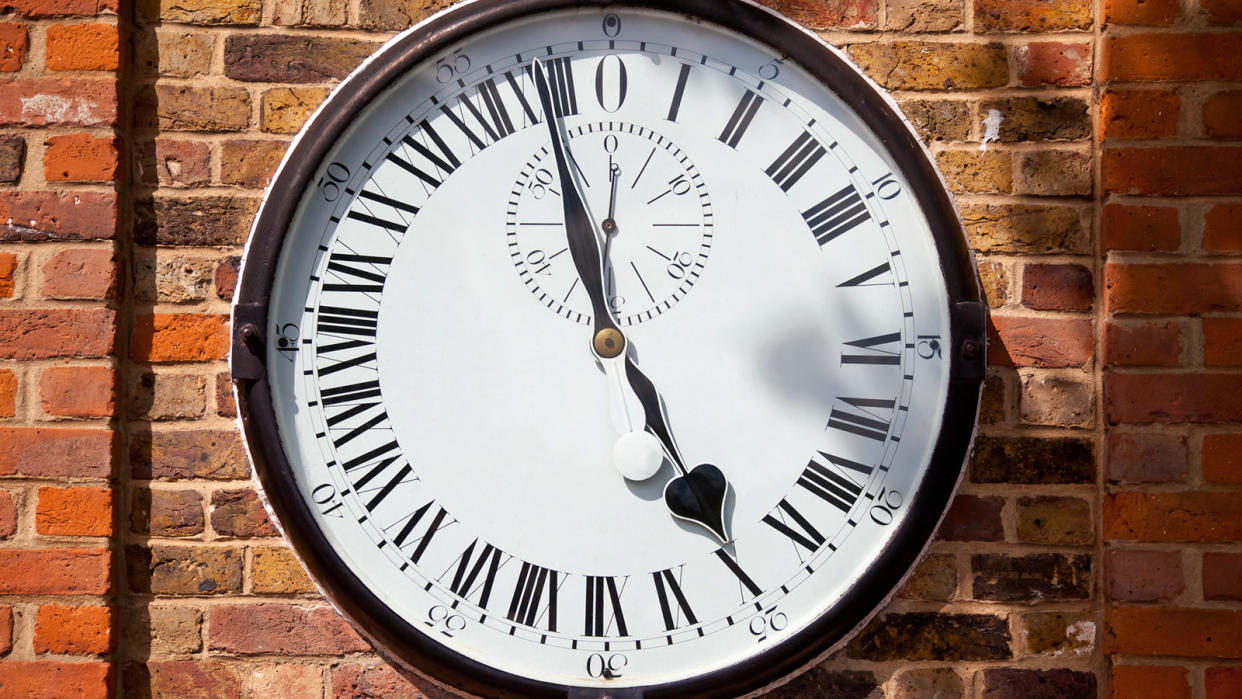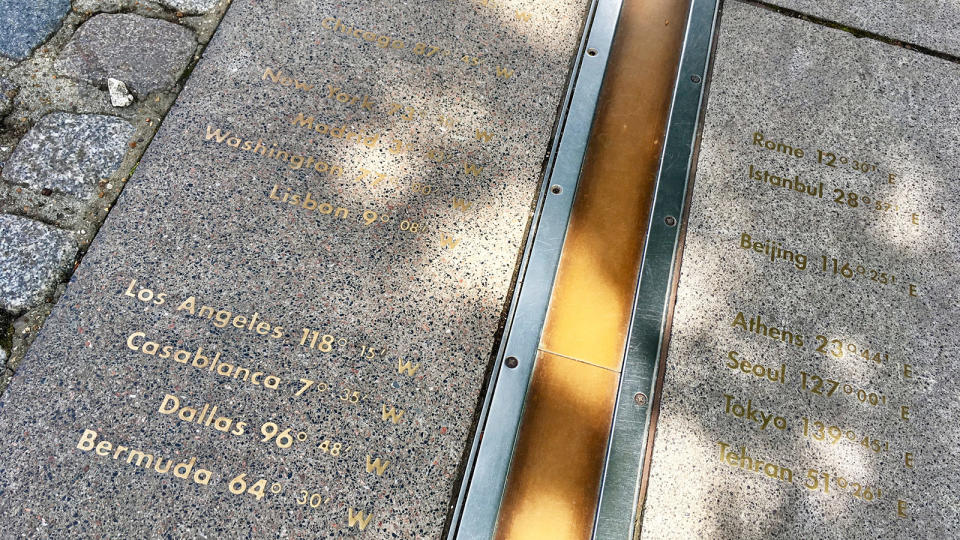Zulu Time Conversion: Defining Zulu Time and GMT's Value

The advent of rail, automotive and finally air travel — which sends thousands of planes hurtling through airspace at any given time — made it clear that we needed one standard time measurement was needed to keep all this transit on schedule.
Pilots can cross multiple time zones faster than other modes of transportation, so for the sake of safety, they needed to make sure everyone was aware of not only where each plane was, but also when it would be there. To do this, they make a Zulu Time conversion.

Origins of Zulu Time
In 1960, the International Radio Consultative Committee agreed upon one universal time for pilots and others to use as a fixed "time zone," so that everyone was on the same page.
Dubbed Zulu Time, this constant clock is officially the time in Greenwich, England, and is also known as Greenwich Mean Time (GMT). In 1884, Greenwich was designated the point of 0 degrees longitude or the prime meridian. This is the point that divides the Eastern Hemisphere from the Western Hemisphere.
Why Greenwich?
Any city on Earth could have been designated the prime meridian, as it's really only an agreed-upon point for starting to measure directions both west and east. However, Greenwich, England, was selected because King Charles II had built an observatory there back in 1675 to tackle the problem.
Britain was still a major world power in 1884, when its delegates proposed Greenwich as the site for the prime meridian at an international conference, and the other nations went along with the idea.
The Name 'Zulu'
Zulu Time (officially called Coordinated Universal Time) was implemented in 1967. Since Greenwich is known as the "zero meridian," military and airline personnel starting using the word "Zulu" for this time, since the NATO or phonetic alphabet designates the letter "Z" as "Zulu" when people are speaking to each other and need to spell out a word and be sure it is understood.
Who Uses Zulu Time?
In addition to being used by airline personnel and air traffic controllers, Zulu Time is also used by meteorologists tracking the weather, and in many internet and world wide web standards.
It's likely your computer was set to Zulu Time when you first bought it. You might see a weather report with a code like 072154Z. This means the report was done on the seventh day of the month at 21:54 Zulu Time.
How to Convert Local Time to Zulu Time
The main thing to know about Zulu Time is that it is always the same, no matter where you are in the world. You're just at different points on it. Here's how to figure out your own personal version of Z-Time, based on where you are:
Convert your time to the 24-hour version, like the U.S. military uses. For example, if it's 2 p.m. where you are, add 12 hours to the time to get a military time of 1400.
Adjust for the time difference where you are, versus GMT. So, if you live in the Eastern Daylight Time zone, add four hours (because the eastern U.S. is four hours behind GMT). This makes your Zulu Time 1800Z.
Here's another example: If a plane were scheduled to leave Newark at 10:00 a.m. local time, and arrive in Los Angeles at 12:30 p.m. local time, this would be expressed as leaving Newark at 1400Z and arriving in Los Angeles at 1930Z. Los Angeles is on Pacific Time, which is currently three hours behind Eastern Time (where Newark is). So, we add four hours for Newark and seven hours for Los Angeles to get the Zulu Time or GMT.
The beauty of Zulu Time is that you don't have to wonder which time zone is being referred to when you see the time. And there is no a.m. or p.m. to worry about. Figuring out what the time is versus your local time does take some getting used to if you're not doing it regularly, but there are lots of apps and calculators on the web to help you figure things out.
Now That's Cool
Zulu Time (GMT) is also referred to as Zero Time, Z-Time and the more explanatory Coordinated Universal Time (UTC). You might wonder why the abbreviation is not CUT. Blame it on the French: They said it should be TUC for Temps Universel Coordonné (French for Coordinated Universal Time). The compromise was to use an abbreviation that didn't favor either language: UTC.
Original article: Zulu Time Conversion: Defining Zulu Time and GMT's Value
Copyright © 2023 HowStuffWorks, a division of InfoSpace Holdings, LLC, a System1 Company


